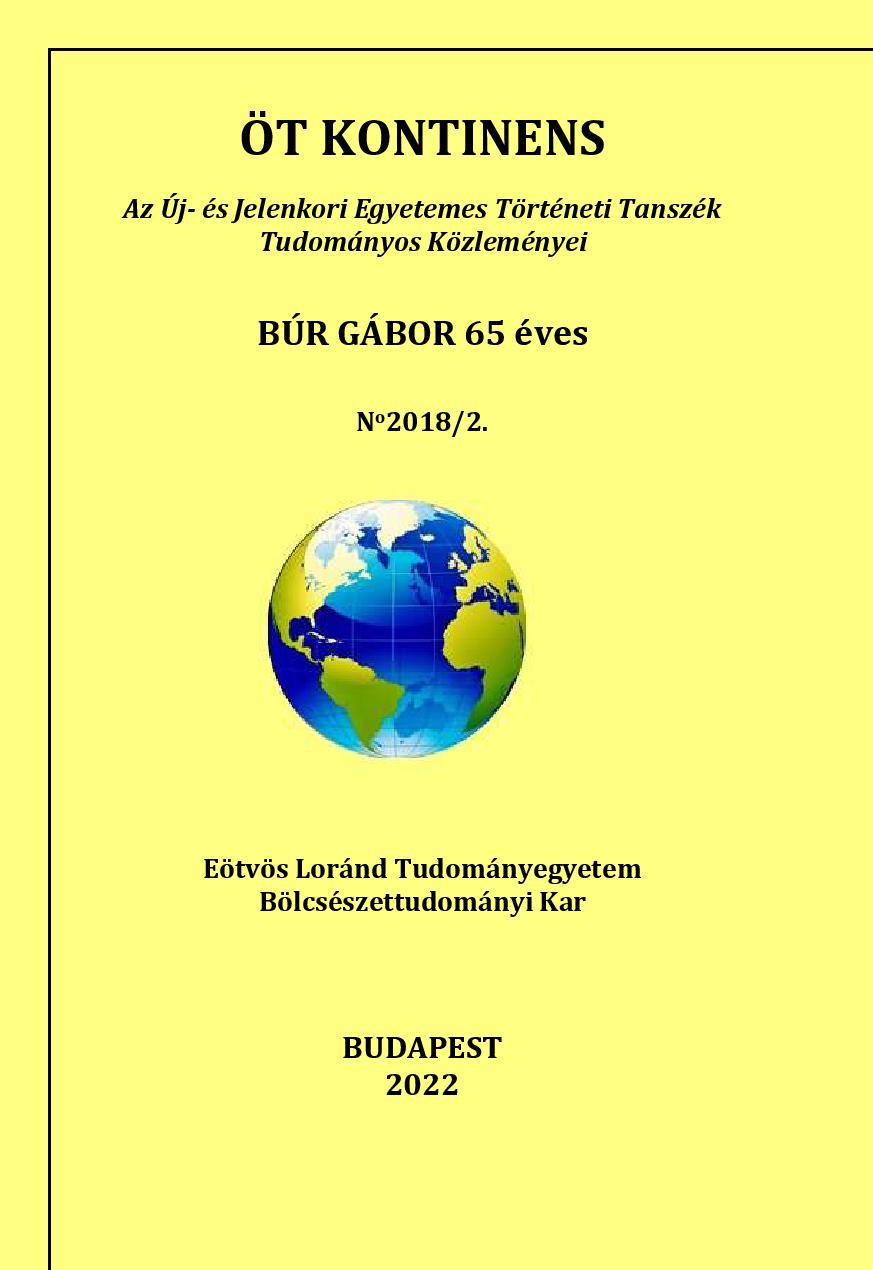Az NSZK „Magyarország-politikája” 1963–1973
The „Hungary policy” of the FRG 1963–1973
Author(s): Péter NagySubject(s): Diplomatic history, Political history, International relations/trade, Post-War period (1950 - 1989), Geopolitics
Published by: Eötvös Loránd Tudományegyetem, Új-és Jelenkori Egyetemes Történeti Tanszék
Keywords: Cold War; German Question; Ostpolitik; Warsaw Pact; hinterland; Willy Brandt;
Summary/Abstract: In this paper my aim is to present the role that Hungary played in the West German Ostpolitik, and how the status of the country changed in the light of the foreign policy aspirations of the FRG.In 1963, Hungary and West Germany agreed on establishing trade of-fices to stabilize trade in goods and, in the long run, to normalize political relations. The convention was part of Ludwig Erhard's Eastern policy, which called for the development of relations with the countries of the Warsaw Pact as well as the political and economic infiltration of East Ger-mans’ „hinterland”. Hungary seemed to be an ideal partner, but it soon became clear that its opportunities in foreign policy were rather limited.As Willy Brandt came to power, Hungary lost its key position. The West German government realised that Eastern policy could only be effective, if they make the painful compromise of recognizing the GDR.
Journal: ÖT KONTINENS
- Issue Year: 2018
- Issue No: 2
- Page Range: 171-182
- Page Count: 12
- Language: Hungarian

